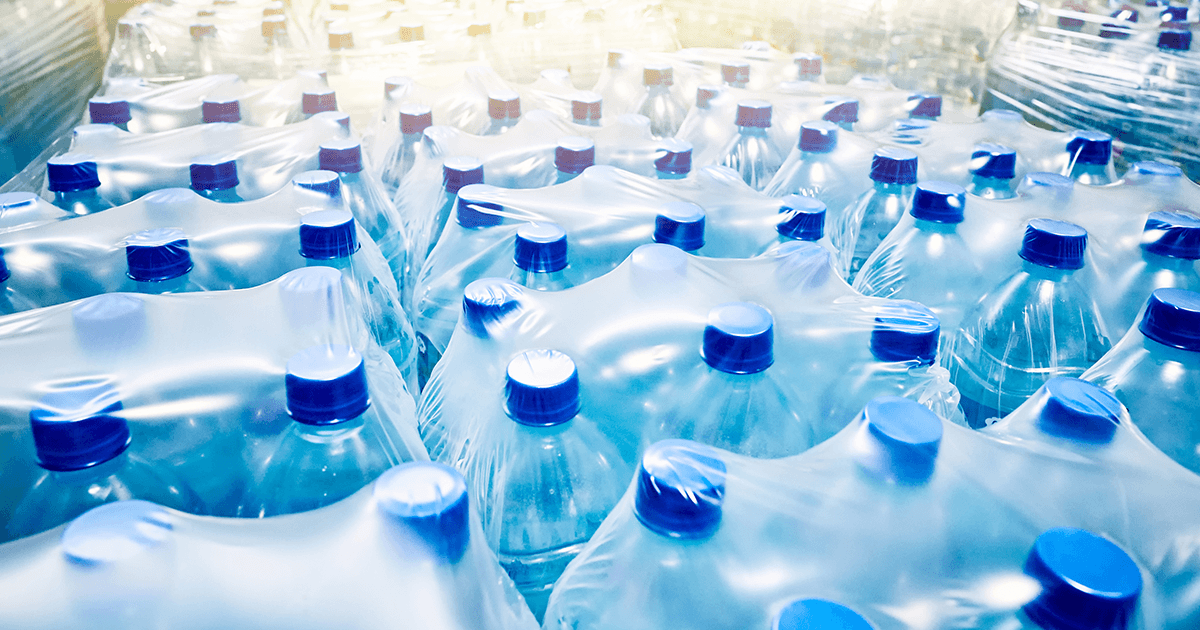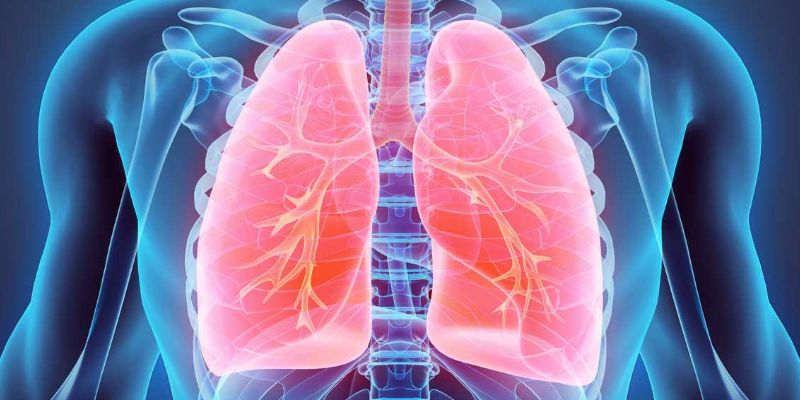For the first time, little pieces of plastic less than 5mm in diameter, called microplastics, have been found in human blood.
In the Netherlands, researchers analysed anonymous blood samples from 22 healthy adults for plastic particles as tiny as 0.00002 inches.
Microplastics were found in the blood of 17 out of the 22 adults, a finding described as “extremely concerning”.
- Exposure to common plastics could increase type 2 diabetes risk
- Everyday plastic chemicals linked to type 2 diabetes risk
Although microplastics have never before been found in blood, they have been previously found in the brain, gut, faeces, and the placenta of unborn babies.
Author Professor Dick Vethaak, from Vrije Universiteit Amsterdam, told the Guardian newspaper: “Our study is the first indication that we have polymer particles in our blood – it’s a breakthrough result. But we have to extend the research and increase the sample sizes, the number of polymers assessed, etc.”
The researchers tested for five types of plastic:
- polymethyl methacrylate (PMMA)
- polypropylene (PP)
- polystyrene (PS)
- polyethylene (PE)
- polyethylene terephthalate (PET)
PET was the most prevalent plastic and was found in 50 per cent of the participants’ blood samples. It is a transparent, strong, lightweight plastic frequently used for food and drink packaging, specifically convenience-sized soft drinks, juices, and water.
PS, used for packaging and storage, was found in 36 per cent of samples and PE, used for carrier bags, was found in 23 per cent. PMMA was found in just one person’s sample and PP was not found. Worryingly, three plastics were found in one person’s blood sample.
According to the researchers, the differences in who had microplastics in their blood could be due to exposure to plastic prior to the blood samples being collected. A volunteer with microplastic in their blood may have recently drunk coffee from a plastic-lined cup, for example.
The effects in humans are unclear right now, but a study from last year claims that ingesting microplastics can lead to death and allergic reactions in humans.
It is suggested they can cause intestinal inflammation, gut microbiome disturbances and other problems in animals, inflammatory bowel disease in humans, and could deform and affect human cell membranes.
Professor Vethaak highlighted that more research into this topic is needed, he said: “The big question is what is happening in our body?’ he said. ‘Are the particles retained in the body? Are they transported to certain organs, such as getting past the blood-brain barrier? And are these levels sufficiently high to trigger disease? We urgently need to fund further research so we can find out.”
Jo Royle, chief of Common Seas, a group that advocates for new policy to tackle plastic contamination who commissioned the study, said: “This finding is extremely concerning. We are already eating, drinking and breathing in plastic. It’s in the deepest sea trench and on top of Mount Everest. And yet, plastic production is set to double by 2040.”
Dr Couceiro, Senior Research Fellow at the University of Portsmouth, believes that attempts to analyse microplastics in blood likely had contamination from the air and equipment.
Dr Couceiro was not involved in the study but said: “The paper is actually a method paper to show that it is possible to determine plastic in blood, and how to do it. This research has taken a serious look at that issue and addressed it in a number of ways, by taking a large number of blank samples and including recovery data.
“Limitations to the paper are that it is only a sample from 22 people and there is no data on what exposure levels those individuals may have had.”
Dr Alice Horton, an expert in contaminants at the National Oceanography Centre who was also not involved, said: “Despite the low sample numbers and low concentrations detected, the analytical methods used are very robust and these data therefore unequivocally evidence the presence of microplastics and/or nanoplastics in blood samples.”
- Effects of ‘chemical dark matter’ found in gut bacteria could aid understanding of cancer development
- Heart attacks, heart failure and angina triggered by imbalanced gut bacteria
She added: “This is a concerning finding given that particles of this size have been demonstrated in the lab to cause inflammation and cell damage under experimental conditions.”
Professor Vethaak said that precautions can be taken to avoid ingesting microplastics, including opening windows, and reducing the contact between plastics and food.
The study was published in the journal Environment International




